|
A few months ago a family for whom Pramote used to work gave him two rubies from Burma, one larger than the other. They were nice looking and Pramote's brother mounted them in rings for the two of us. Pramote considered this a major present to me. He is rarely able to do something like this. We often wore them together as a form of wedding ring.
On September 10 mine was missing. We assumed it'd turn up. Things do usually turn up. Just a week earlier a house key had gone and couldn't be found, but it showed up in my pants pocket in the laundry after about a week. We had a birthday party that night for our nephew little Snack and a cake I'd bought in the city was a big hit. It looked like Nemo the fish. Perfect for the little kids and all the rest of us, too. Next day we began a real search for the ring. Looked everywhere, especially all the pants pockets, in the truck I'd driven, in the old cake box and a great number of places it could not have been. It was gone. But it'd still show up. Pramote was really upset by this. He was upset that I was behaving stoically. My thought was,”If it's gone there is nothing we can do about it. We have looked everywhere.” After a few days the edge of anxiety about this wore off, but every time Pramote looked at his ring he'd comment. "It's gone for good." About 4 nights ago it was raining and I couldn't sleep well. The whole business about the ring came back to mind. I was pretty well asleep but I began to remember buying the cake. It'd been a chaotic time. We had guests from Texas who were demanding attention, and I was buying the cake, and I remembered not being able to get my money out of my pocket, and spilled some on the floor. The workers were boxing the cake and I wanted to look at it. It was hectic. Then I got this scenario beginning to run. I saw myself going back and asking about the ring. I played out the scenario that if they had found it they might have decided I wasn't coming back for it and they'd given up. It'd be gone for good but I should offer a reward to the bakery staff and see if someone would call back about it. It was a dream, rather like a nightmare. I tried to dismiss it, but it came back again. Well, today I told Pramote we were going to the mall. Promenada Mall is farthest from our house, but as we were driving I told Pramote we'd ask about the ring. He was sure it'd be gone by now, as was I. At the S&P bakery I told the clerk I had been there 2 weeks ago and bought a Nemo cake. Showed her a picture of Snack cutting it on his 4th birthday. Then I mentioned the ring. I wasn't done when she said, "We found it and turned it in to the information counter." You can imagine my feelings. Well, it'd been found. The information counter said to go to the security office. At the security office we were able to talk to someone through a window open about a foot. "Describe the ring." When we did, in pretty clear detail, another guy came to the window with the ring. "This it?" We signed for it and thanked them profusely. I told them about the dream. Pramote hadn't heard that. I was just going to forget it if the ring wasn't traceable. But we had the ring and the story could be told. The security guy said, "Really! A dream? I have goose-bumps all over my arm!" We went back to S&P and showed the girl the ring, and I tucked a tidy reward in her apron pocket while she blustered. People say this sort of thing doesn't happen, especially here. But it did happen.
0 Comments
Students at a leading Thai university made the news this week with a display of cultural insensitivity during a bout of several other kinds of insensitivity classified as hazing (also known as “kids will be kids even if they’re old enough to incur astounding educational debts”).
Briefly, what the students did was dress up in Maoist costumes of the disastrous Cultural Revolution era and get their group picture taken executing Nazi salutes. International staff members at that university expressed outrage that two of recent history’s most horrible atrocities were incorporated into the students’ play. Thai staff members reportedly did not share this outrage, which disgusted the international staff even more. Meanwhile, yesterday’s news via the world’s largest social network brought a posting by a colleague from Russia living here in Thailand for decades, showing a shocking video clip of a young man beating up on two small children, throwing them into a trash can repeatedly and then hanging them by their feet. My friend appealed for Thai viewers to identify this beast and have him arrested. Without public support the likelihood of official attention being given to a case of domestic violence is slight. Much more attention was being given in the same media to a Thai court’s guilty verdict against a British investigative reporter who broke a story of slavery of seafood workers. The reporter was found guilty of defamation of character but no charges have been leveled against the characters who own and operate [ongoing present tense] the seafood canning empire. International comments throughout this trial have focused on two standards of justice one for the rich and another for the poor, but Thai opinion separated the cases and tended to interpret defamation as a disaster to those defamed that is not that much less serious in its impact than being enslaved in a prison-like cannery. There is hope that social network coverage will draw so much attention to these matters that they will be corrected. Some of my friends sincerely believe that reposting clips of abuse will cause consciousness about it to be raised. Other friends in the USA think so, as well, with their persistent posting of abused animal pictures or clips of police murdering innocent people. Maybe Internet coverage CAN do some good. The aspect of this that engages me today is the matter of exposure. Intuitive wisdom for me and other ex-pats here, is that “the truth will set you free.” Evil behavior needs to be brought out into the open. Nothing will get better as long as people can get away with corrupt or despicable behavior. So, the university students’ bad behavior needs to be exposed. That’s one kind of exposure advocated. The other kind is that they need to be exposed to images and facts about how unspeakably inhuman were the Nazis and the Cultural Revolutionaries. The students need to be sensitized to what they have played about, and that, inevitably, involves them being made to feel ashamed for what they have done in their light-hearted play. That is the sticky bit. Even after 50 years of contact with Thai culture, I still tend to forget how dreadful it is to subject someone to shame. Very much will be tolerated and ignored to avoid doing that. Shame is a toxic cloud that kills and maims everyone who has anything to do with it. It is absolutely incapable of bringing about corrective understanding. To shame, disgrace or defame another person is culturally unforgivable. A distant relative was caught for the third time selling illegal drugs. His extra-judicial execution while in police custody was ignored because of the shame the guy had brought on the family. Besides, his karma caught up with him. I hope karma catches up to that bastard who was beating his little children. Let karma do its thing. I would like for the Thai seafood industry to feel karma, too. But I digress. Shame is a counterproductive approach to behavior modification in this culture. Nevertheless, behavior modification and consciousness-raising are not impossible. They work if they are indirect. They will not work if they hint, “We think you need to hear this.” Of course, the down side of indirect ethical or moral education is that it can come off as irrelevant. “If we do not need to hear this why are you telling us?” Is there anything about the Nazi Holocaust or the Red Guards rampaging during the Cultural Revolution that Thai Millennials will recognize as relevant? Perhaps not. They think the only relevance is that previous generations got stirred up about those things, whereas the symbols resonate authoritarianism. So, the university students felt they could accomplish two objectives at the same time. They could signal their independence from those previous generations, and therefore their own authority in this generation, by ridiculing symbols that got those old people all excited. Besides, the upper-classmen wanted the freshies to feel intimidated one final time before “freshy initiation” ends. Initiation of incoming freshmen is said to instill a respect for SOTUS (Seniority, Order, Tradition, Unity, and Spirit). This informs students about the social hierarchy of the university and reminds freshmen they are at (or near) the bottom of that structure. Critique of the very idea of SOTUS is growing, as it militates against independence and critical thinking. But in practice the hazing sometimes becomes humiliating and abusive, leading to injury and trauma. That level of hazing is illegal and universities are urged to guard against it. The matter I am addressing is how to prevent shameful behavior without resorting to shame-filled name-calling. If it is worth the effort to sensitize the oncoming generation to historical realities that involved their great-grandfathers, there are ways to do it that do not imply shame. I hasten to add, it may well be worth that effort because the dynamics of tyranny have evolved and remain potent. Initiating US youth to the benefits they have inherited by their forebear’s genocidal treatment of Native Americans can potentially be effective if the current generation feels the injustice is being unaddressed as long as every new generation continues to operate as if the genocide never took place. In Thailand it will not work as effectively to force young people to feel they are inheriting guilt and the ill-gotten benefits that came from it. The German and Chinese atrocities are even more remote. But what might work better is for victims to become associates. If tyranny is current then its victims are contemporaneous. They are not far away. Can elements of the Thai higher education system be tweaked to move students out of their comfort zones into association with the disadvantaged? Nothing has advanced the Gender Minority Movement faster than people opposed to it finding relatives who are gay. The elite and those in authority tend to move victims out of sight. It is unlikely that the whole educational system can be transformed to include cultural sensitivity training. But the higher education system already includes mechanisms for outreach into communities where disadvantaged people, ethnic minority communities and even prisoners can be accessed. It is not unexpected for students to “do research” or to conduct “academic service”. I know from several years of taking student groups into communities that it builds respect and mutuality. Once a relationship is established, reality shifts. Then it is much easier to draw unthreatening parallels between, say, children in refugee camps and children in Auschwitz. Outrage and shame do not build affective bridges. Basic education is a human right – unless you don’t officially exist. Then it is only your undeniable physical presence that might, possibly make an impact.
It was the very compelling reality of a group of migrant children that provoked a Karen displaced person from Burma to undertake the challenge of starting a school that these children could get to, in the vicinity of Mae Sot, Tak Province, Thailand on the border with Burma. His motivation was compassion for the children, concern about their future, and a passion for education. With help from Burma Border Projects (BBP), a US foundation, and a Canadian organization, Room to Grow, he managed to collect a group of 7 teachers and construct the simplest school you can imagine. “New Wave School” now provides elementary schooling for 128 diverse migrant children. In Thailand the term “migrant” refers to immigrants from outside the country who have tentative and therefore tenuous status, whereas “refugees” are consigned to camps where they wait some resolution of the circumstances that caused them to flee – as much as 3 generations ago in many cases. Most of the children in New Wave School, and even some of their parents have no identity documents, or as Dr. Lora Friedrich of BBP puts it, “No ID and no idea what it means to be Burmese.” They speak no Thai, but have never been anywhere but Thailand. On the other hand they cannot enroll in Thai schools because they do not have a Thai national ID card. What they have is New Wave School. 27 of the students are orphaned or abandoned. They live in the New Wave School and are fed by the teachers, spreading out mats on the kitchen floor at night because it has the roof with fewest leaks. The other 101 students have at least one parent, relative, or care giver with whom they live. BBP provides salaries of $137 a month for the New Wave staff. In April BBP conducted a supplemental, intensive “English Camp” for the school, and provides an on-going “Play Session” designed to enhance psycho-social survival skills. New Wave School exists on the margin, balanced between barely getting by and closure. The teachers, 3 of whom are single parents, literally do not know whether their salaries will be paid or when they will be rounded up and deported back into Burma, dumped across the border with the gate slammed behind them. The children laugh and learn, not as oblivious to dangers and exploitation as they let on, but ignoring it as long as New Wave continues to surf them forward. [Thanks to Burma Border Projects for pictures of New Wave School.] Queer people in Thailand made themselves heard nationally quite by accident. Our first progress into the public domain was thanks to a busy publisher who never intended to make that happen. That was the ironic conclusion to decades-long tracking by Dr. Peter Jackson. He analyzed how Lesbian, Gay, Transgender and Kathoey (LGTK) Thai people gained a voice. Prior to the publisher’s stunningly popular “Uncle Go” lovelorn advice column, the only writing in Thai mass media about gender minorities had been negative.
The column began by accident, Jackson concluded. The publisher of PLAEK แปลก (pronounced somewhat like “black”, meaning “Strange” or “Weird” but also “queer” and “outlandish”) in only his third edition included an interview with a local transgender celebrity, who – in the context of other articles about supernatural beings and bizarre freaks of nature – he must have thought belonged to the same genre. “He had not expected thousands of letters from readers wanting more,” Jackson reported. The wily publisher realized he was onto something and kept the articles coming in which transgender and then gay and lesbian celebrities and ordinary people were interviewed. A second, even more popular advice column followed in which two or three letters were published, ostensibly to ask for advice. Jackson’s investigations revealed that these interviews in PLAEK were the first in-print, first-person voices of gender minorities ever heard by Thai people all over the country. LGTK voices were made public in Thailand. Having shown the viability for such publication, in a very few years the first two Thai gay magazines came out. They, too, were enough of a commercial success to last for more than a decade. These were gay Thai magazines that informed a generation of boys and men all over the country that there was an extensive population out here. Jackson’s presentation at Chiang Mai University on Tuesday, August 30, 2016 was partly a launch of his book on this topic. His persuasive analysis was focused on the “first voices” to be heard nationally, but it prompted me to reminisce about a chain of developments leading to far greater social acceptance. · “Uncle Go” in PLAEK showed that the LGTK population in Thailand was larger than most people had suspected. · This encouraged publication of the first generation of gay-targeted books and magazines. · The commercial success of these magazines encouraged other commercial ventures such as gay bars in Pattaya and Patpong (Bangkok). · These venues sought customers which led to the publication of gay guidebooks in English for sale in bookstores and then locally published guidebooks in Thai and English with articles, maps and especially ads for those venues distributed for free. · By the 1990s gay venues were found in Bangkok (in 4 growing areas), Pattaya, Chiang Mai, Chiang Rai, Udorn and Phuket. They included pubs, go-go/disco bars, saunas and massage spas, karaoke shops and even a couple of gay hotels. · Some venues attracted so much international attention that Thailand became a gay tourist destination. · More recent publications are geared to upscale or at least comfortably middle-class gays and lesbians. Their ads and slant show an elitist bent. · Still more magazines have come out that are “metro-sexual,” meaning, apparently, commercial print media are once again ahead of the general public in perceiving that gender is spread along a spectrum rather confined to boxes. There is no longer any inference that LGTK folks need to be told where to gather or how to find each other. Thanks to the print media, followed by the broadcast media, and now the IT social networks, LGTK sequestering is largely over in Thailand. · Voices at the cutting edge in the public domain these days are seeking inroads into the conservative sectors, government and religion, in particular. |
AuthorRev. Dr. Kenneth Dobson posts his weekly reflections on this blog. Archives
March 2024
Categories |
| Ken Dobson's Queer Ruminations from Thailand |
|
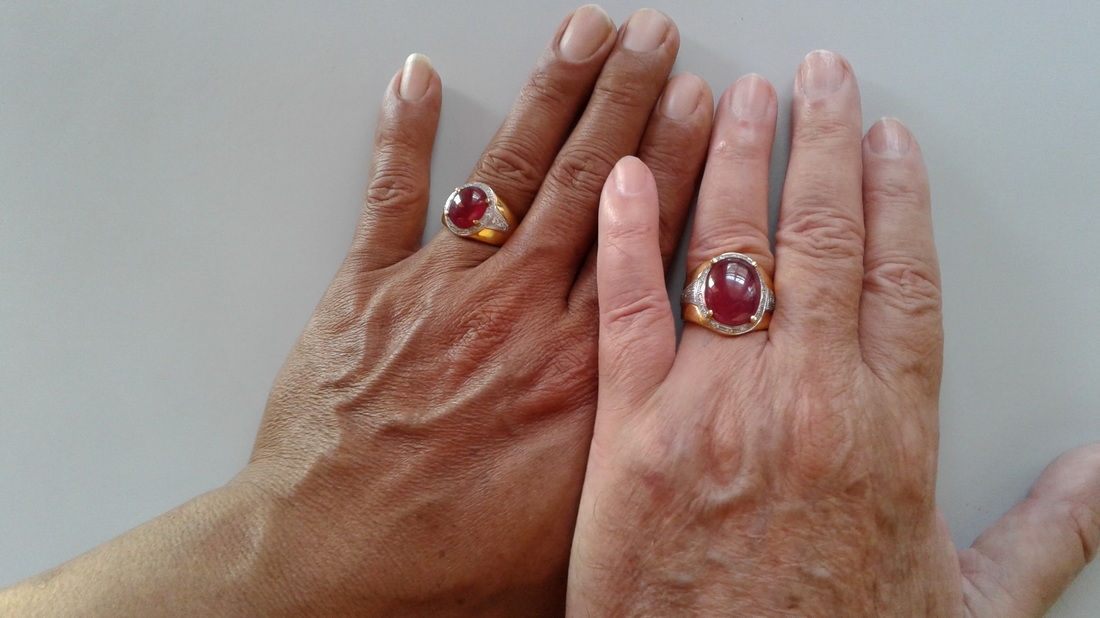
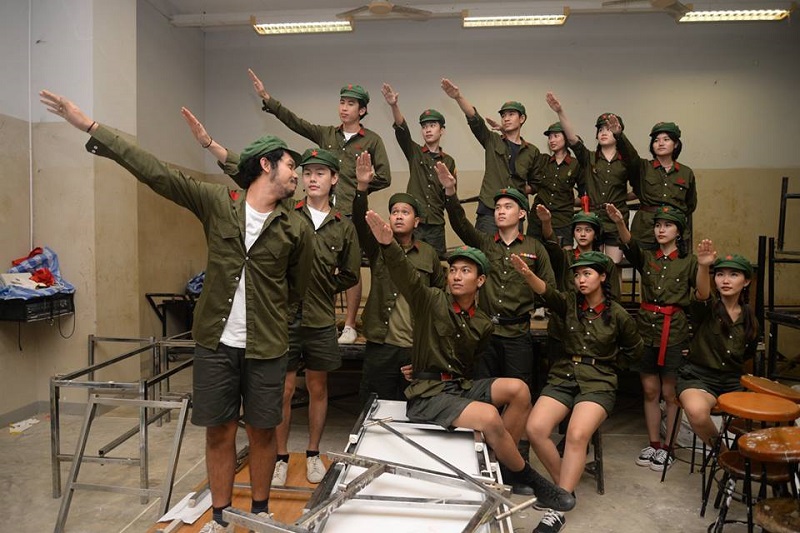
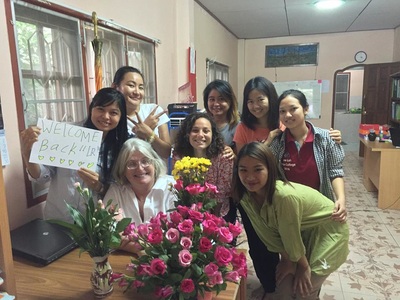
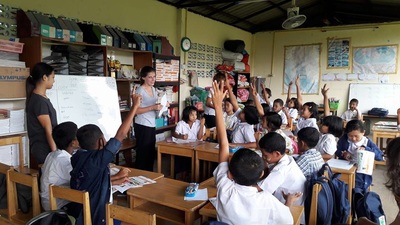
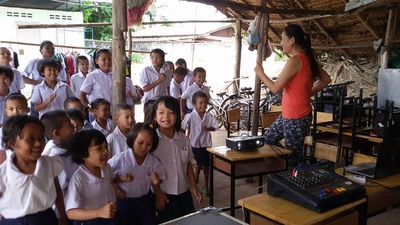
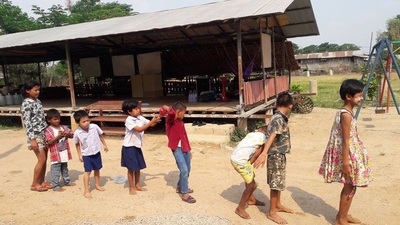
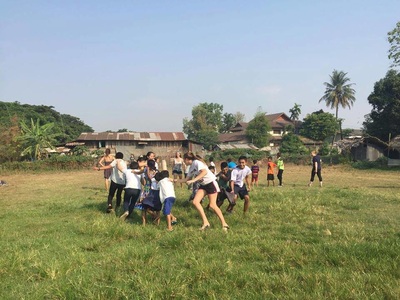
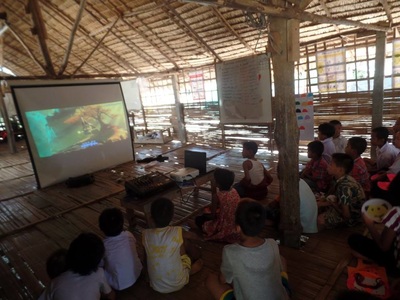
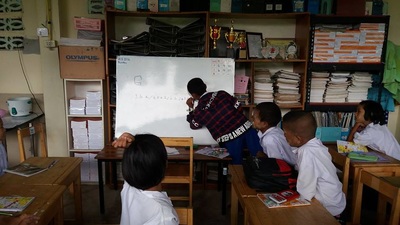
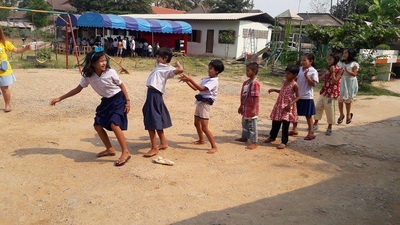
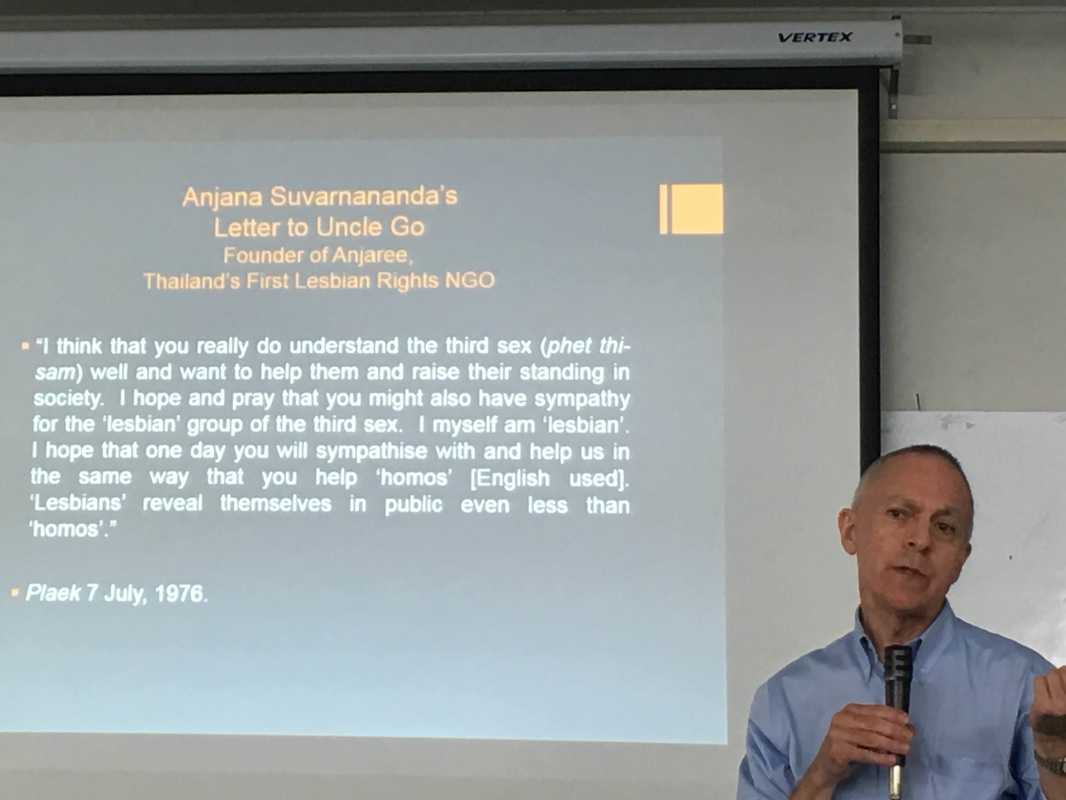
 RSS Feed
RSS Feed
